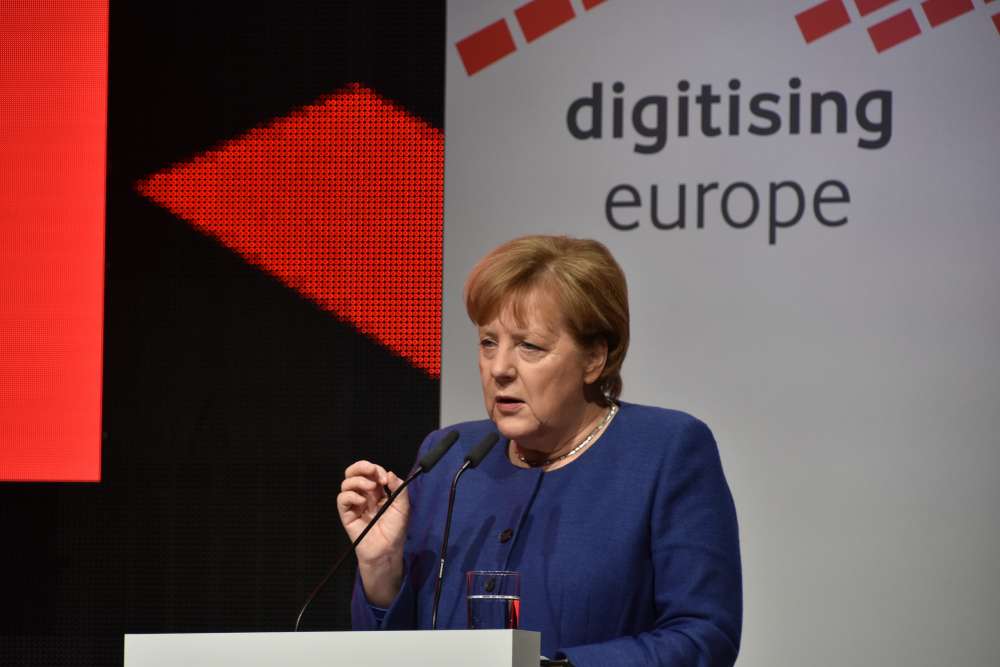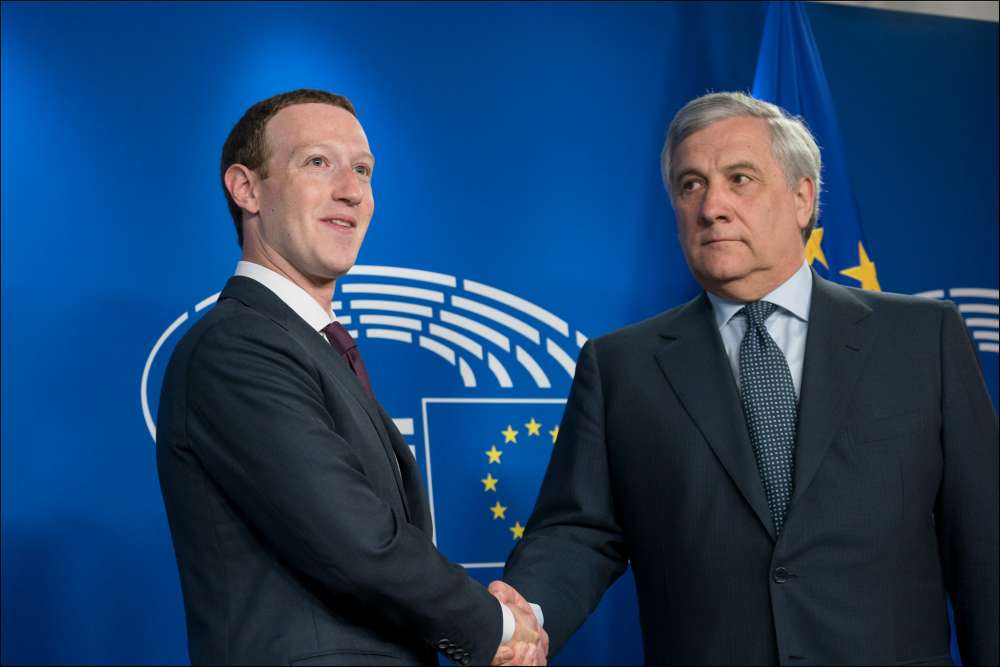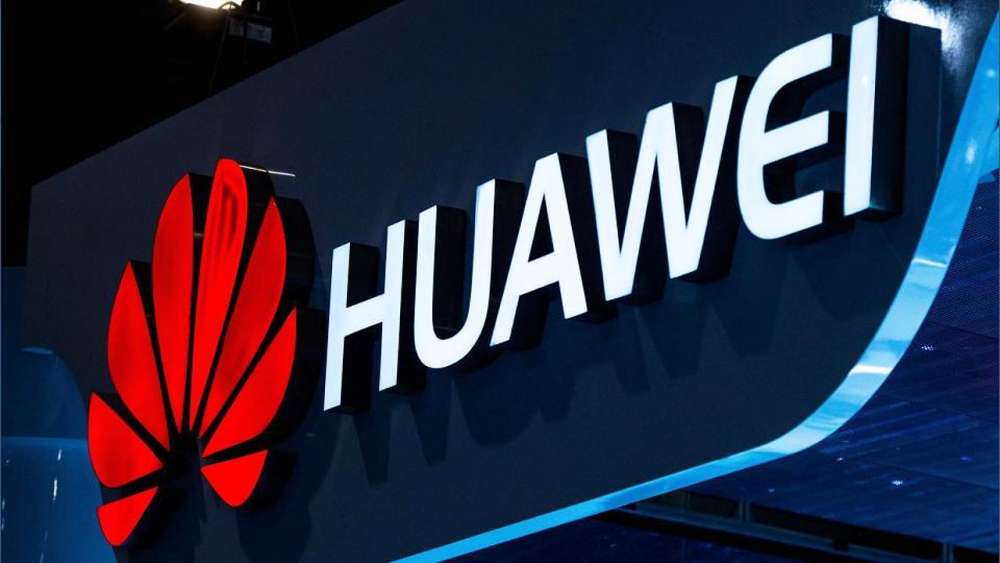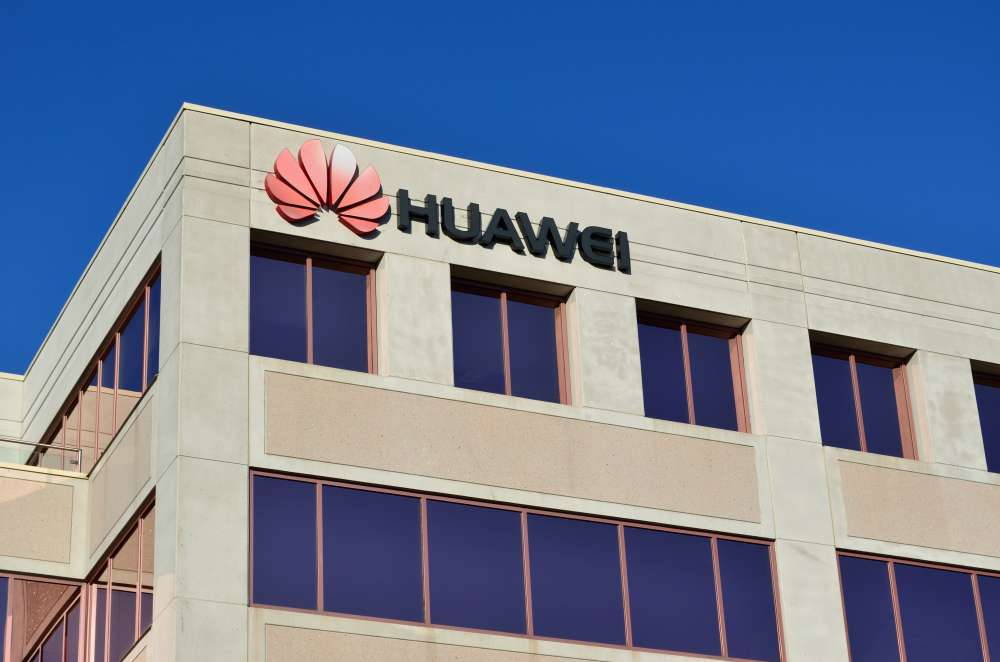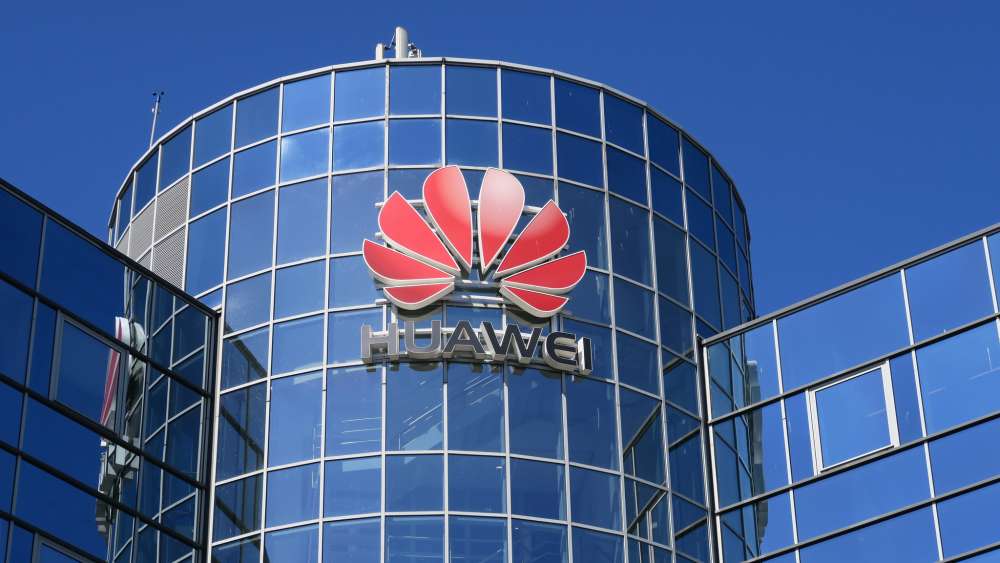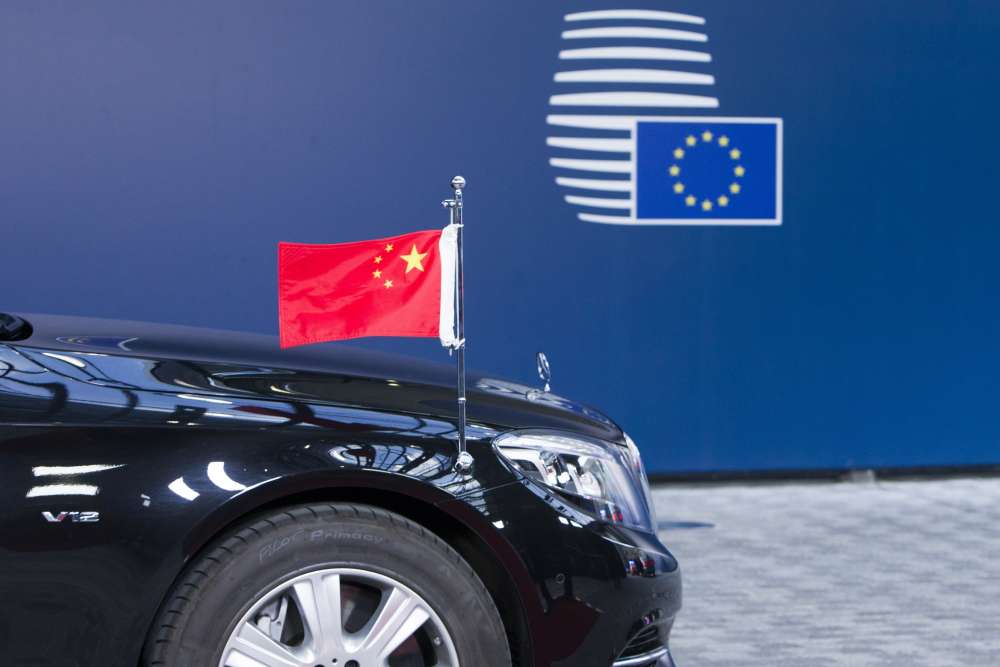The Future of Huawei in Europe
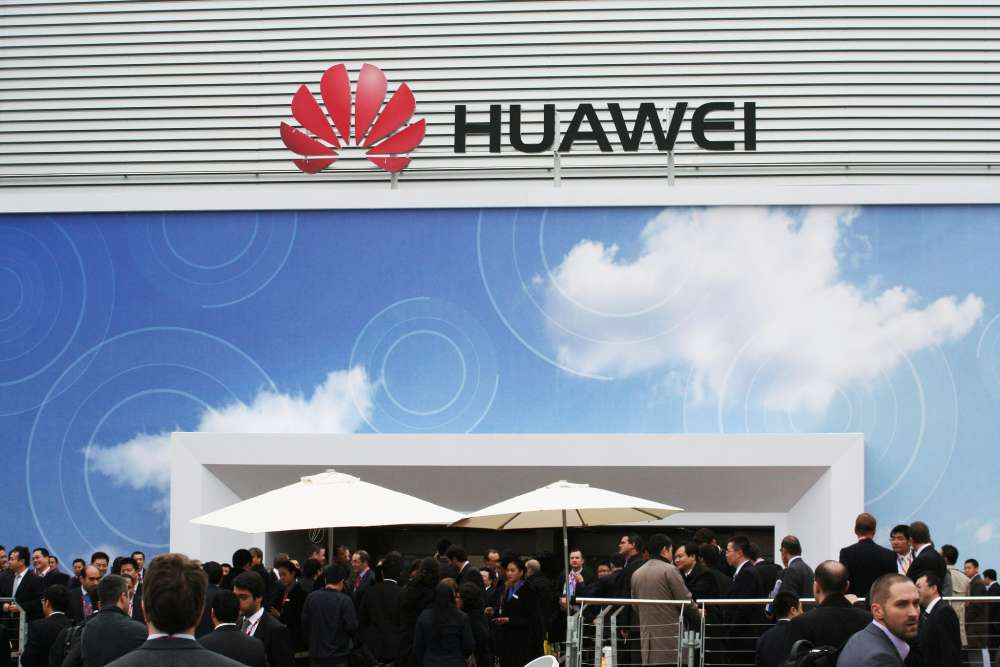
On October 15, just after the EU’s risk assessment, Berlin published its draft 5G security catalogue, which opens the door for high-risk providers such as Huawei to build Germany’s 5G critical infrastructure. All Huawei and ZTE need to do now is sign a declaration of trustworthiness vis-à-vis the network operators. Chinese high-risk providers will certainly all too happily furnish their signatures. In return, if operators so choose, Germany could soon have 5G networks that rely 100 percent on Chinese companies. The vendor diversity requirement limits the share of any single provider to two-thirds. But that allows for networks that rely, for example, two-thirds on Huawei and one-third on ZTE.
Chancellor Angela Merkel herself pushed for this decision, which means Berlin is foregoing a political risk assessment of technology providers. This flies in the face of draft EU Council conclusions that assessment of 5G risks should consider both technical and non-technical factors. It also runs counter to the Prague Declaration Germany signed, which pledged security and risk assessments taking into account “specific political, economic or other behaviour of malicious actors which seek to exploit our dependency on communication technologies.” And it undermines EU technological sovereignty. With Nokia and Ericsson, Europe has its own trustworthy technology providers for 5G. Instead of strengthening them in an unfair competition with authoritarian state capitalist champions such as Huawei, Germany is deciding to allow in high-risk providers.
Why did Merkel push through a decision that weakens EU unity, antagonizes both sides of the aisle in the U.S., and makes Germany appear weak vis-à-vis the Chinese Communist Party (C.C.P.)? The chancellor’s primary motive is fear of retribution by the Party-state against German business. Major German companies like Volkswagen, Daimler, and Siemens heavily depend on the Chinese market. To push through her pro-Huawei stance, Merkel sidelined parliament, the German intelligence services, and the Foreign and Interior Ministry, all of which have warned about the security risks of relying on Huawei and ZTE. She delegated drafting the 5G security guidelines to the German national cyber security agency BSI, which has close ties with Huawei. The head of BSI has argued that “it does not matter if components come from China, South Korea, or Sweden,” and that he doesn’t see any qualitative difference between the legal environment of Chinese and other companies. It’s only logical that BSI recommended allowing Chinese high-risk providers into critical infrastructure.
Will Merkel get away with outsourcing critical decisions on national security and industrial policy to a minor government agency? The draft guidelines have infuriated senior lawmakers from all major parties. Norbert Röttgen, chairman of the Foreign Affairs committee and a member of Merkel’s CDU, stated that the question “was not whether we trust Huawei but whether we trust the Chinese Communist Party to which Huawei is clearly beholden.”
It’s still not too late for the German parliament to assert itself by passing a law that takes security and technological sovereignty on 5G critical infrastructure seriously. Parliamentarians need to urgently take matters into their own hands.
…
This commentary was first published as part of a ChinaFile Conversation on October 18, 2019.
